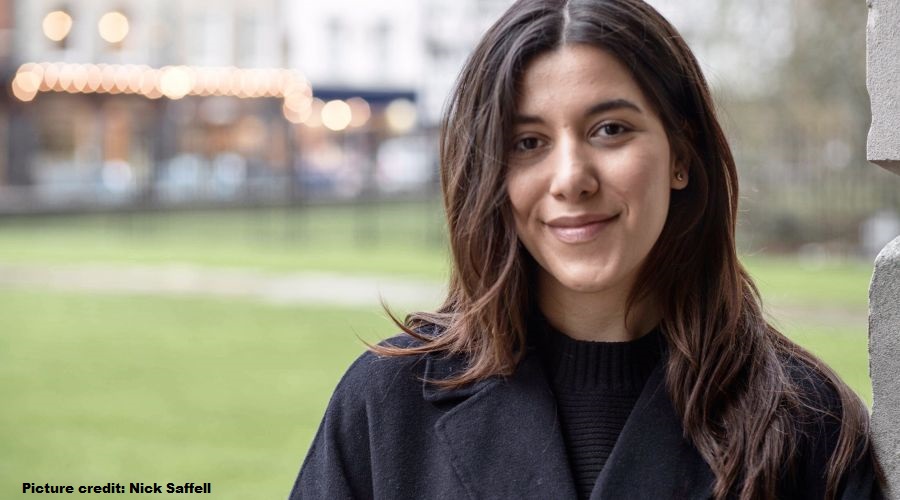
Submitted by Administrator on Thu, 06/12/2018 - 12:35
Gates Cambridge published an article yesterday about the doctoral research of PhD student Melisa Basol, Social Decision-Making Research Lab.
Melisa Basol's MPhil research investigated the possibility of conferring attitudinal resistance towards misinformation about immigration. Whilst this was specifically focused on the context of Brexit, her P.hD. is further investigating the theoretical and practical boundaries of inoculation theory. By investigating its spread and generalisability, Melisa hopes to further advance theories of resistance to persuasion and the possibility of inoculation outpacing the spread of misinformation in society.
|
"Fake news, similar to a virus, spreads fastly and deeply. It is like a virus. It jumps from host to host and, once out there, is very difficult to dismantle. We have been working on something called pre-bunking. The idea is to equip individuals with the skills they need to detect misinformation." - Melisa Basol |
|
Together with Dr Sander van der Linden and Jon Roozenbeek, she has received the WhatsApp Misinformation and Social Science Research Award. Upcoming research will look into the psychological mechanisms behind spreading misinformation in non-Western countries on messaging apps like WhatsApp and investigate the extent to which theory-driven and interactive game-based interventions can confer attitudinal resistance towards the spread of misinformation (www.getbadnews.com).

